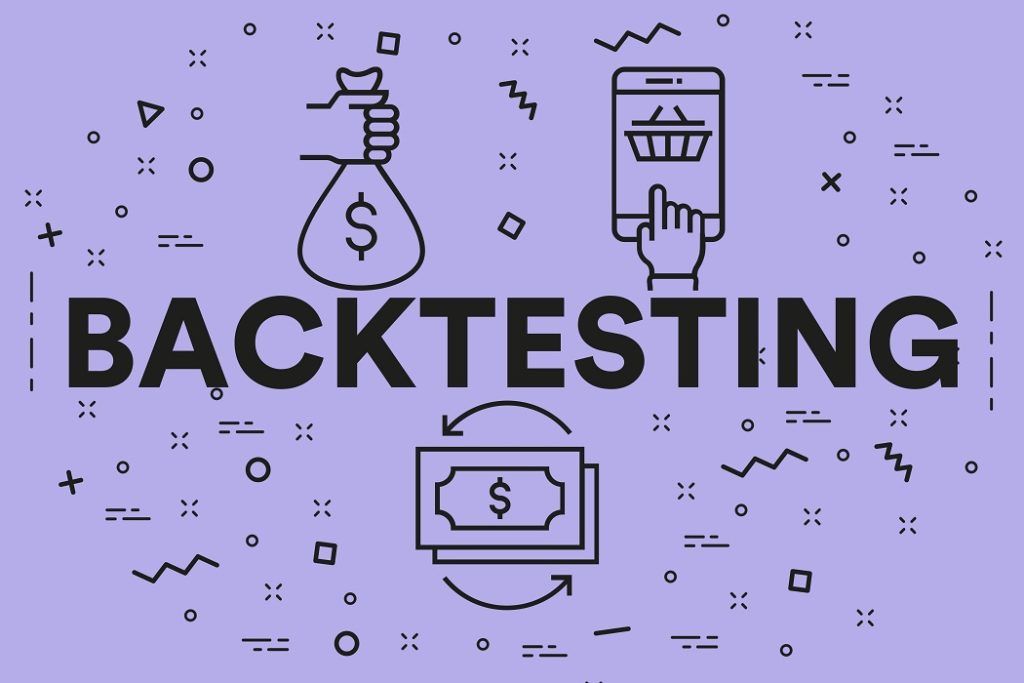
In the fast-paced and highly volatile crypto market, trading bots have become essential tools for executing strategies 24/7 without emotional interference. However, bots are only as good as the logic that powers them — and at the heart of most trading strategies are technical indicators.
This article will help you understand:
- The most commonly used technical indicators in crypto bots
- How they work and what they reveal
- Pros and cons of each
- Suggestions on how to apply them effectively in trading bots
1. RSI – Relative Strength Index
What is RSI?
RSI measures the relative strength or weakness of a price movement over a specific period (usually 14). It helps identify overbought or oversold conditions.
RSI > 70 → Possibly overbought → price may pull back
RSI < 30 → Possibly oversold → price may rebound
How bots use it:
- Buy when RSI < 30, sell when RSI > 70
- Combine with trend filters to reduce noise
- Commonly used in momentum and mean-reversion strategies
Pros: Simple, intuitive, widely used
Cons: Can generate false signals in strong trending markets
2. MA – Moving Average
What is MA?
A Moving Average smooths price over a given period to help spot trends. Two common types:
- SMA (Simple Moving Average) – straight average over time
- EMA (Exponential Moving Average) – gives more weight to recent prices
Bot applications:
- Buy when price crosses above a long-term MA (e.g., EMA200)
- Sell when price drops below MA or when short MA crosses long MA downward
- Common in trend-following bots
Pros: Excellent for identifying trend direction
Cons: Lags during fast reversals or sideways movement
3. Bollinger Bands
What are they?
Bollinger Bands consist of:
- A central Moving Average (typically 20 periods)
- An upper band = MA + 2 standard deviations
- A lower band = MA – 2 standard deviations
They help gauge market volatility and potential reversal zones.
Bot applications:
- Buy when price touches the lower band, sell at the upper band
- Combine with RSI to confirm reversal strength
- Useful in range-bound and mean-reverting bots
Pros: Adjusts dynamically with volatility
Cons: Less reliable during strong breakouts or trends
4. MACD – Moving Average Convergence Divergence
What is MACD?
MACD is calculated as the difference between two EMAs (typically 12 and 26) and includes a Signal line (usually 9 EMA of the MACD).
- MACD crosses above Signal → buy signal
- MACD crosses below Signal → sell signal
Bot applications:
- Detect trend changes and momentum shifts
- Often used in momentum and trend-tracking bots
- Can be combined with volume filters for better accuracy
Pros: Great for trend strength and confirmation
Cons: May lag in volatile or choppy markets
5. Other Useful Indicators in Bots
- Stochastic RSI: Identifies short-term overbought/oversold zones
- Volume: Confirms trend strength or breakout reliability
- ATR (Average True Range): Measures volatility, helps with stop-loss positioning
- ADX (Average Directional Index): Evaluates trend strength (not direction)
6. Suggested Pairings for Bot Strategies
- Trend-Following: EMA, MACD, ADX
- Mean-Reversion: RSI, Bollinger Bands, Stochastic RSI
- Breakout Trading: MA + Volume, RSI breakout confirmation
- Scalping: Short-term EMA + RSI + low ATR
- Multi-Confirmation: MACD + RSI + MA for higher signal accuracy
7. Technical Indicators in LightQuant Bots
At LightQuant, each bot is designed with a well-defined strategy that integrates backtested technical indicators:
🔹 Choose bots based on strategy type: safe, aggressive, trend-based, etc.
🔹 Preview strategy descriptions to understand the logic and indicators used
🔹 Connect seamlessly via API to Binance, OKX, Bybit
🔹 Let the bots execute trades based on data, not emotion
Automation is powerful, but understanding your bot's indicators makes you smarter and safer.
Trade intelligently with LightQuant — backed by data, built on proven technical strategies.
Ready to Try AlphaX?
Experience the AI trading bot featured in this article with a 7-day free trial.


